Why do pipes burst? Understanding what causes pipes to burst is essential for property owners. Burst pipes can lead to unexpected water damage, costly repairs, and a myriad of headaches. But why do water pipes burst, and what steps can you take to identify and prevent that?
In this comprehensive guide, we’ll explore the common causes of burst water pipes, including water pressure, pipe corrosion, and clogs, and provide actionable steps to help you protect your property.
Why Do Pipes Burst? Water and More
The most common reason water causes pipes to burst is due to freezing cold temperatures. When water freezes, it expands. This expansion puts immense pressure on the pipe walls, resulting in cracks or even complete ruptures. But freezing isn’t the only culprit. Other factors can lead to burst pipes, such as high water pressure, corrosion, and blockages.
The Science Behind Frozen Pipes
When cold weather causes temperatures to dip below freezing, the water inside your pipes can solidify into ice and expand. Since ice occupies more volume than liquid water, this expansion creates pressure inside plumbing fixtures. If enough pressure builds up, it can cause the pipe walls to crack or burst, leading to water leaks and potential water damage.
High Water Pressure: A Silent Threat
High water pressure is another significant factor that can cause pipes to burst. While most home plumbing systems are designed to handle a specific range of water pressure, excessive pressure can strain pipes, joints, and fixtures. Over time, this constant stress can weaken the pipe walls, making them more susceptible to bursting.
Signs of High Water Pressure
- Noisy Pipes. If you hear banging or knocking when you turn off a faucet, it could indicate high water pressure.
- Leaking Fixtures. Dripping faucets or leaking fixtures can show excessive water pressure.
- Rapid Wear and Tear. Appliances like dishwashers and washing machines may wear out faster than usual.
It’s important to check your pressure reading valve regularly. Faulty pressure regulators are common culprits in pipe damage caused by high water pressure.
Pipe Corrosion: An Invisible Enemy

Corrosion is a natural process that occurs when metal pipes react with minerals and chemicals in the water. Over time, this reaction causes the pipe walls to thin out and weaken, making them more prone to bursting.
Water quality, age, and material contribute to pipe corrosion. Hard water with a high mineral content can accelerate corrosion. Older pipes, which have sustained more stress over the years, are more likely to have corrosion issues. Certain materials, like galvanized iron or steel, are also more susceptible to corrosion.
Water Pipe Clogs: More Than a Nuisance
Clogging can also cause water pipes to burst. When a clog forms, it restricts water flow, causing pressure to build up behind the blockage. If the pressure becomes too high, pipes burst.
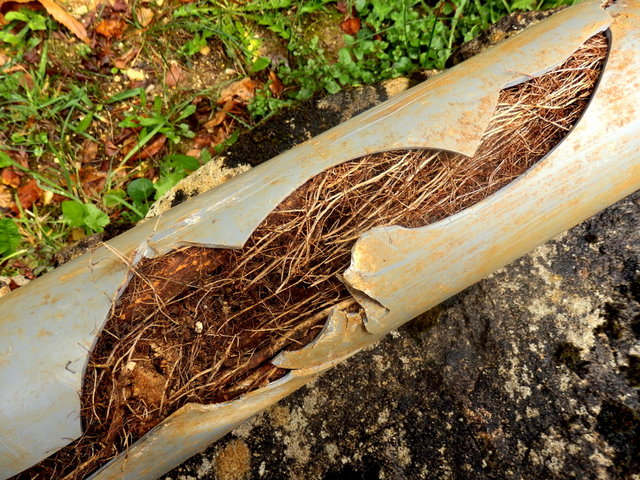
Common Causes of Clogs
- Debris. Hair, soap scum, and grease can accumulate and form clogs.
- Tree Roots. Roots from nearby trees can invade and block pipes.
- Mineral Buildup. Hard water can leave deposits that gradually narrow the inside of the pipes.
How to Prevent Water Pipes from Bursting
Prevention is always better than dealing with the aftermath of a burst pipe. Here are some practical steps you can take to protect your home from water pipe bursts and prevent water damage:
Insulate Your Pipes
Insulating your plumbing system is one of the most effective ways to prevent frozen pipes. Use foam pipe insulation or heat tape on exposed pipes, especially in unheated areas like basements, attics, and crawl spaces.
Maintain Proper Water Pressure
Install a pressure regulator to keep your water pressure within a safe range. Regularly check your water pressure using a pressure gauge or pressure-reducing valve; it should fall between 40 and 60 psi (pounds per square inch).

Regular Inspection and Maintenance
Check your plumbing system regularly for signs of leaks, corrosion, or other issues. Replace old or damaged pipes before they become a problem. Call a professional plumber for an inspection if you notice any warning signs, such as discolored water or reduced water flow.
Drain Outdoor Faucets
Before cold weather sets in, disconnect hoses and drain outdoor faucets to prevent any remaining water from freezing and causing damage.
Keep a Steady Temperature
Maintain a consistent indoor temperature, even when you’re away. Set your thermostat to at least 55°F during the cold months to keep your pipes from freezing while water flows.
What to Do After a Pipe Burst
Despite your best efforts, sometimes pipes still burst. Knowing what to do immediately after a pipe burst can minimize water damage and repair costs. Here are the steps you should take:
- Turn Off the Water. Locate the main water shut-off valve and turn it off immediately to stop the water flow.
- Drain the System. Open all faucets and flush toilets to drain any remaining water.
- Call a Professional. Contact a licensed plumber and IICRC-certified water damage restoration company to assess the damage and repair the burst pipe.
- Remove Water. Use mops, towels, and wet/dry vacuums to remove standing water and prevent further damage. Water remediation specialists use state-of-the-art equipment, like HEPA vacuums and air movers, to effectively remove standing water and thoroughly dry the area to prevent mold growth.
- Document the Damage. Take photos and document all damage for insurance purposes.
Avoid Mold and Mildew
After a burst pipe, it’s crucial to dry out the affected area as quickly as possible to prevent mold and mildew growth. Use fans, dehumidifiers, and open windows to improve air circulation and expedite drying. In most cases, it’s best to contact a water damage restoration expert.
Has a Broken Pipe Led to Water Damage in Your Home? Contact PuroClean!
When water damage is too much to handle alone, it’s time to turn to the experts who can help. PuroClean‘s licensed and experienced professionals will act quickly to minimize damage and restore your property to its pre-loss condition.
As “The Paramedics of Property Damage™,” PuroClean of Potomac is available 24 hours a day, seven days a week, to serve your water damage restoration needs. Please call us today at (571) 483-8400.
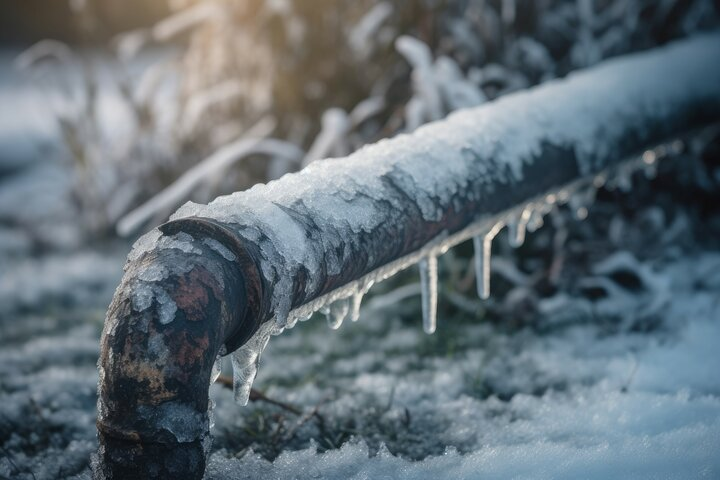
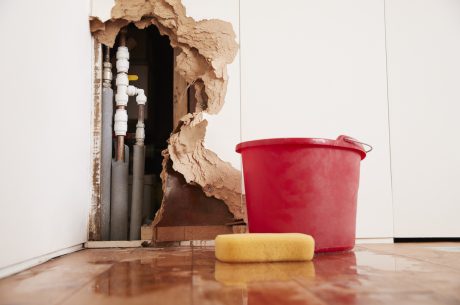
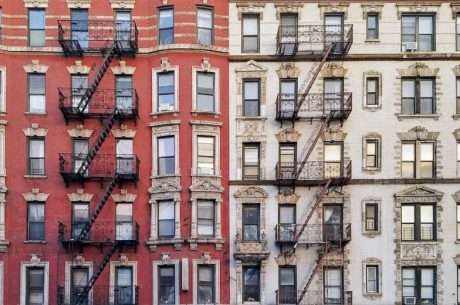
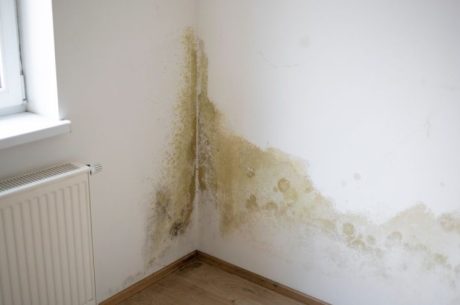
 PuroClean of Potomac
PuroClean of Potomac